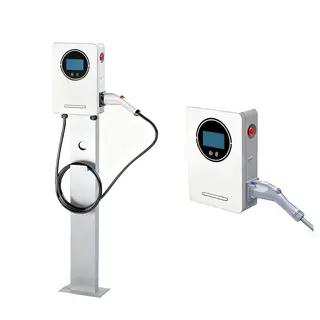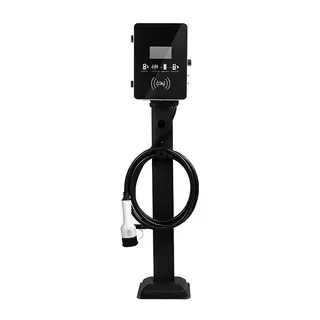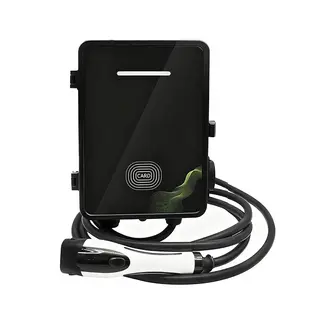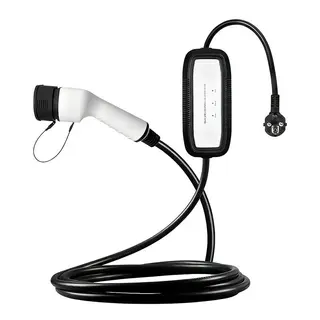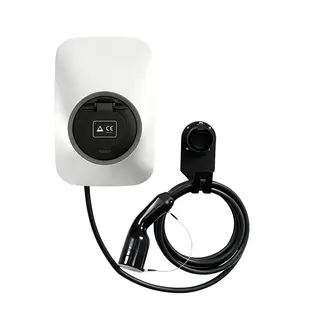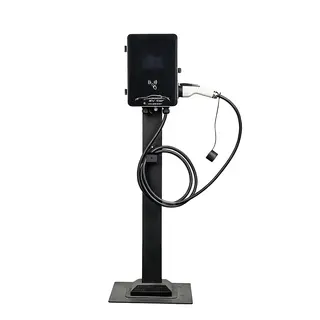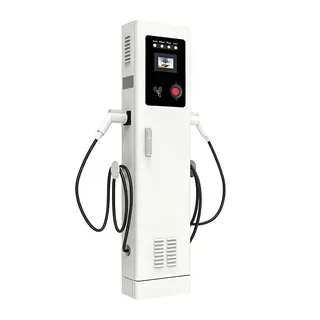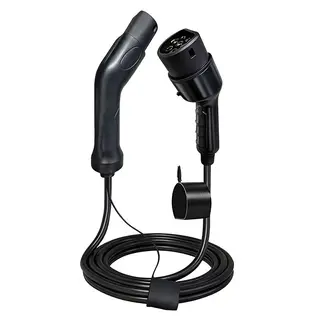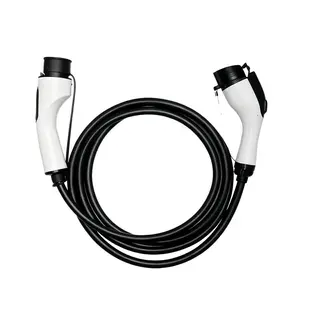Electricity comes in two primary forms: alternating current (AC) and direct current (DC). AC electricity, obtained from the grid, changes direction periodically and is the standard form supplied by outlets and generators. In contrast, DC electricity flows consistently in one direction, which is the form stored in EV batteries.
An AC charger delivers grid electricity to the EV’s onboard charger, which converts AC to DC for storage in the battery. This conversion step makes AC charging slower than DC charging, where electricity is already in DC form and delivered directly to the battery. Nevertheless, AC charging is sufficient for daily use and offers a convenient and economical solution for routine charging needs.
AC chargers are well-suited for situations where EVs can remain parked for extended periods:
Home charging: Overnight charging or continuous charging while not in use.
Workplace charging: Charging during office hours while employees work.
Errand-based charging: Slow or moderate charging while parked for several hours in public spaces.
AC chargers generally provide power levels up to 22 kW, which is considered “fast charging” in AC terms. While this is slower than DC rapid chargers (which can reach up to 350 kW), it aligns well with practical daily routines where long charging sessions are possible.
Cost-effective: AC chargers are smaller, less expensive to install, and cheaper to operate compared to DC fast chargers.
Convenient for long-duration charging: Perfect for overnight, at-home, or workplace charging.
Widespread availability: AC chargers are more commonly available than DC chargers, making them easier to access in public and private locations.
Slower charging speed: AC charging is limited by the onboard charger of the EV, making it slower than DC fast charging.
Not suitable for rapid top-ups: For drivers on road trips or those in a hurry, AC charging cannot provide the rapid replenishment offered by DC chargers.
AC charging is ideal for scenarios where charging time is not critical:
Overnight charging at home or office.
Charging while running errands or parked for extended periods.
Daily routine charging for EV owners who do not require rapid turnaround.
